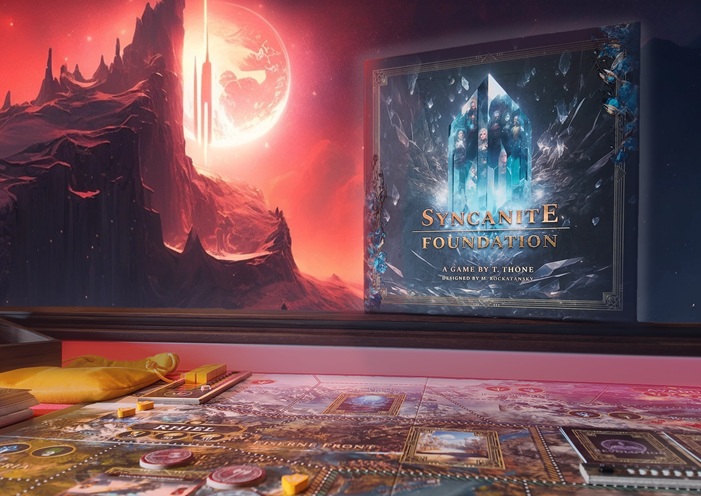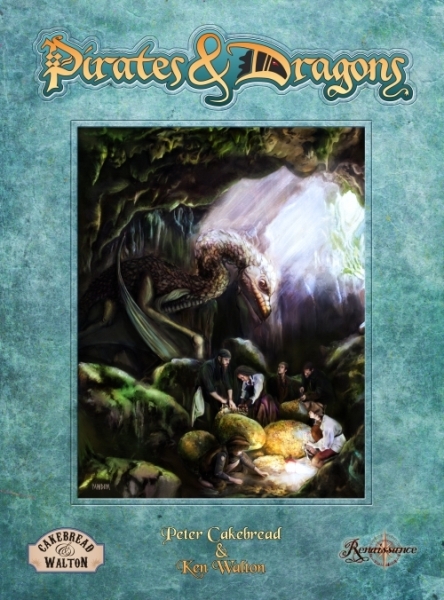
Infinity The Roleplaying Game
Infinity The Roleplaying Game is a military sci-fi roleplaying game set in Corvus Belli’s Infinity universe, written by Benn Graybeaton, Nathan Dowdell, Mark Redacted, Justin Alexander, and Marc Langworthy and published by Modiphius Entertainment.
By Aaron T. Huss

Learn more about Infinity The Roleplaying Game here
Purchase Infinity The Roleplaying Game here
Find other Infinity The Roleplaying Game posts here
Infinity The Roleplaying Game is one of Modiphius Entertainment’s massive core rulebooks that weigh in well over 300 pages (it’s actually well over 500 pages) that includes the core rules, a significant delve into the setting, and lots of GM material. It is kind of like having 3 books all in one whereas you can literally run many adventures and a campaign using nothing more than the core rulebook. You won’t get too deep into the setting, but you will definitely use it enough to go from 0 to completion with just this book.
Infinity The Roleplaying Game is obviously set in Corvus Belli’s military sci-fi miniatures wargame Infinity, a setting of epic proportions akin to Mutant Chronicles and nearing the epic proportions of Star Wars and Warhammer 40k. It is an all-encompassing not-too-distant future setting that attempts to base itself in realistic means of reaching the setting’s present day. I will say that the content herein does a good job of describing that setting, but it is A LOT to take in. So much so that I actually question the target audience of the game. To me, Infinity The Roleplaying Game’s target audience is not regular TTRPG players, but rather miniatures wargamers who already enjoy the depth of the Infinity setting and game. Why? Because the setting is a bit complicated and this core rulebook doesn’t really attempt to aid you in ridding that complication. It’s almost as if it assumes you already have an understanding of the setting, but not entirely. It definitely explains the setting as best as what can fit in the page count provided, but it’s kind of like layers among layers. I have a feeling the sourcebooks will cover a lot of the setting material and fill-in the blanks and cover those questions you have. After all, you can only put so much setting content in an RPG core rulebook before the book becomes 650 pages long and people start using it as body armor.
Infinity The Roleplaying Game utilizes Modiphius’s 2d20 system in its standard format. It includes all the base statistics, skill trees, and resolution. Infinity adds a lot of cool sci-fi equipment, but that is expected for a military sci-fi game. At times, the game tries to sell itself off as space opera, but it’s not; it’s definitely not (the core rulebook at least). In fact, the book goes into three different kinds of “warfare” consisting of standard warfare, psychic warfare, and this concept of everyone having a personal network (like a Local Area Network) and attacking that personal network. Even the GM guidance discusses combat encounters and how everything pretty much leads up to some big combat encounter. But then, the miniatures wargame is a skirmish wargame with a military theme; and the TTRPG follows suit. Infinity wargamers will likely find it very easy to slide from the miniatures wargame to the RPG due to this theme, which supports my theory that they are the target audience. It’s very possible that subsequent sourcebooks will delve deeper into the setting and the roleplaying aspects, allowing the core rulebook to remain familiar to those who already understand the setting. This is kind of a way of differentiating between the wargamers trying RPGs for a change and regular roleplaying gamers who want to absorb this setting instead of what they normally play in.
With all of that said, if you are a casual gamer who wants a sci-fi experience, walk away. This setting and the accompanying military-themed mechanics are way too fiddly for you. You will likely give up after creating your first character due to the Traveler-like character creation method where you can die, but unlike Traveler you come back as a resurrected character. Everything in this setting is way more complicated than any casual gamer would enjoy; they even create their own nomenclatures that would likely turn you away.
However, if you are serious about your tabletop roleplaying, possibly enjoy miniatures wargames as well, and definitely if you enjoy playing games like Deathwatch, this is the perfect game for you and congratulations, you are the target audience! The setting is interesting and there are a lot of cool options. That and the different methods of handling warfare are quite interesting; they’re almost like a blend of Shadowrun and new concepts, but with a purpose that ties into the setting.



